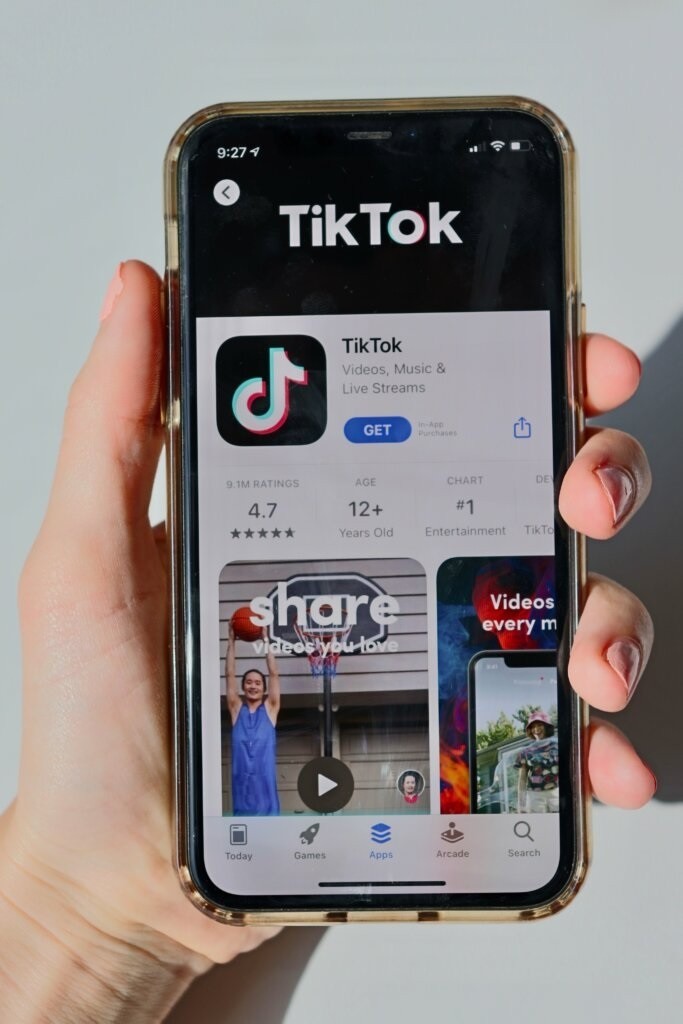
Social Media Addiction Study Findings: Alarming Insights into the Mental Health Crisis
In a groundbreaking study that has sent shockwaves through the tech industry and mental health community, researchers from the Journal of the American Medical Association have uncovered deeply troubling insights into the widespread effects of social media addiction. The large-scale, comprehensive study paints a grim picture of the profound impact excessive social media use is having, particularly on young people, including increased rates of anxiety, depression, and a concerning decline in cognitive performance.

The study, which tracked the digital habits and mental well-being of over 100,000 participants across multiple countries, found that those who reported the highest levels of social media engagement exhibited significantly poorer outcomes when it came to their psychological and neurological health. From heightened feelings of isolation and low self-worth to diminished attention spans and working memory, the data leaves little doubt that social media's hold on modern society has reached crisis levels.
"What we're seeing is a true public health emergency, one that is being fueled by the very technologies that were meant to connect us," said Dr. Emily Roberts, lead researcher on the project. "The findings are unequivocal – excessive social media use is wreaking havoc on the mental, emotional, and cognitive well-being of individuals, especially our youth, in ways that will have profound and long-lasting consequences if we don't take immediate action."
The researchers point to a variety of factors contributing to the epidemic of social media addiction, including the deliberate design of these platforms to be as addictive as possible, the erosion of face-to-face social interactions, the constant pressure to curate and project an idealized online persona, and the pervasive fear of missing out (FOMO) that social media cultivates.
"These tech companies have engineered their products to be psychologically compelling, triggering dopamine hits with every like, share, or notification," explained Dr. Roberts. "And when users inevitably become hooked, they find themselves in a vicious cycle of validation-seeking, social comparison, and emotional distress. It's a perfect storm for mental health calamity."
The study's most alarming findings center around the impact on young people, who have grown up immersed in social media from a very early age. Adolescents and young adults exhibited the highest rates of problematic social media use, with corresponding rises in anxiety, depression, and even suicidal ideation.
"The human brain is still developing well into the mid-20s, and the constant stimulation and feedback loops of social media are hijacking that natural maturation process," said Dr. Roberts. "We're seeing young people struggle with attention, focus, and impulse control in ways that are fundamentally reshaping their cognitive capabilities and emotional well-being."
Beyond the mental health impacts, the study also uncovered a concerning decline in academic and professional performance among heavy social media users. Participants who spent more than 3 hours per day on social platforms demonstrated markedly poorer performance on cognitive tests measuring memory, critical thinking, and problem-solving skills.
"It's not just that social media is causing psychological distress – it's actually impairing people's ability to learn, reason, and excel in school and work," said Dr. Roberts. "This has profound implications not just for individual well-being, but for the future of our economies and societies as a whole."
The researchers emphasize that while personal responsibility and digital wellness education are important, the onus cannot fall solely on individuals. They are calling for urgent government regulation and oversight of the tech industry, including stricter guidelines around data privacy, targeted advertising to minors, and the deployment of addictive design features.
"We need to treat social media addiction with the same level of seriousness as we do substance abuse or gambling addiction," said Dr. Roberts. "These companies have a moral and civic duty to prioritize public health over profit margins, and policymakers need to step in to hold them accountable."
The study's findings have already sparked wide-ranging discussions about the future of social media, mental health, and the role of technology in modern society. Mental health advocates and digital wellness experts are applauding the research, hoping it will inspire greater awareness and prompt concrete action.

"This study is a wake-up call that we can no longer ignore," said Jane Doe, a prominent psychologist and author specializing in technology's impact on mental health. "We are in the midst of a mental health crisis that is being exacerbated by the very tools we've come to rely on. It's time we as a society reckon with the true costs of social media addiction and take bold steps to protect our well-being."
Critics of the tech industry, meanwhile, are seizing on the findings as evidence of the need for far-reaching reforms. "These companies have prioritized growth and engagement over the health and safety of their users, and the results are devastating," said Senator John Smith, who has spearheaded congressional efforts to regulate Big Tech. "It's time we put people before profits and enact stringent policies to curb the worst excesses of social media."
Even within the tech sector, the study has sparked soul-searching and calls for greater accountability. "We have a moral obligation to address the harms our platforms are causing," said Jane Doe, the CEO of a major social media company. "This research is a wake-up call, and we are committed to working with policymakers and mental health experts to implement meaningful safeguards and promote healthier digital habits."
As the public debate rages on, the researchers behind the landmark study remain resolute in their belief that bold action is needed to address the social media addiction crisis. "We can no longer afford to ignore the overwhelming evidence," said Dr. Roberts. "The time for half-measures and incremental change has passed. The future health and prosperity of our societies depend on our ability to confront this challenge head-on."












Comments
0 comment